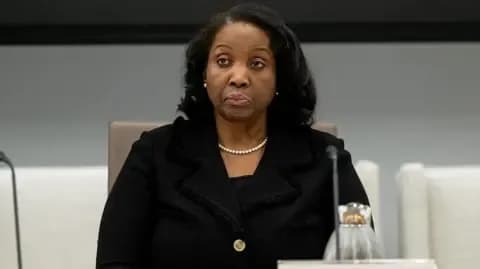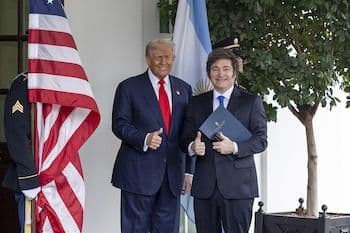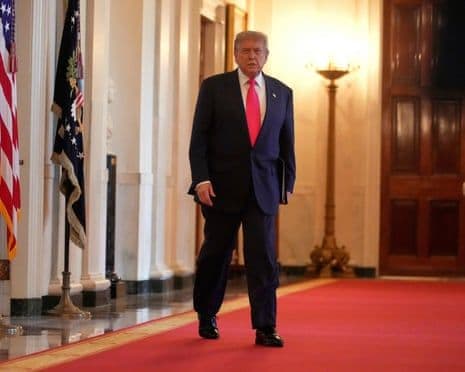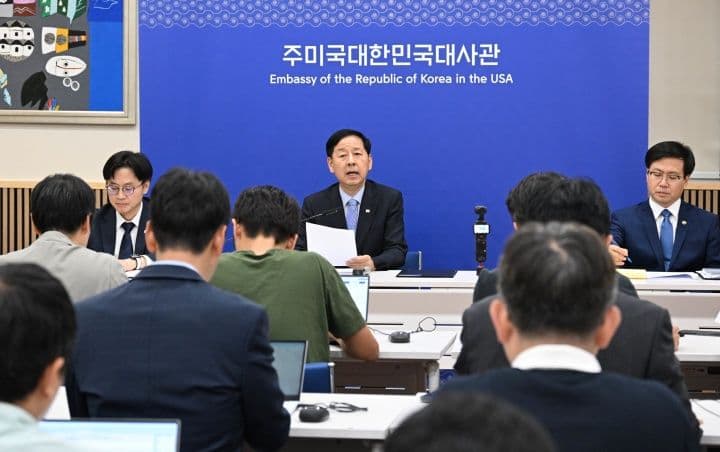Beyond the Lifeline: Africa's Strategic Push for a Reciprocal Trade Future with the US
AGOA's future hangs. Explore why a simple renewal isn't enough for US-Africa trade and how a new, reciprocal compact is essential for sustainable growth and investment.

The Looming Cliff Edge: AGOA's Quarter-Century Legacy and Present Peril
The African Growth and Opportunity Act (AGOA), a cornerstone of US-Africa economic relations for a quarter-century, recently teetered on the brink of expiration, plunging countless businesses and hundreds of thousands of jobs across the continent into immediate peril. This flagship initiative, which granted duty-free access to the market for thousands of goods from sub-Saharan African nations, has been lauded for fostering industrialization and replacing aid with trade. Yet, its recent lapse, even if temporary, has exposed deep vulnerabilities. An ITC analysis paints a stark picture: without AGOA, exports from eligible countries to the U.S. could be slashed by 8.7% by 2029. Even with a renewal, the benefits are blunted by existing bilateral tariffs, as seen with , where a 30% tariff rendered many of its key exports, like wine and cars, uneconomical. This uncertainty, compounded by the program's contentious annual recertification requirement, actively deters the long-term investments Africa desperately needs, pushing us to ask, as researcher puts it, not just if AGOA should be renewed, but how its fundamental challenges will be addressed.

Unpacking the Unfulfilled Promise: Why AGOA Needs a Deeper Rethink
Despite its noble intentions and the $9.7 billion in goods Africa exported to the under the act in 2023, AGOA's quarter-century run hasn't fully delivered on its promise of transformative industrialization. While it undoubtedly created jobs and boosted specific industries in countries like and , the continent's overall share of U.S. imports has actually declined since the act's inception in 2000. This suggests that merely providing preferential market access isn't enough to fundamentally reshape African economies. Experts widely agree that AGOA is ripe for major reforms. The annual recertification process, for instance, is a constant source of instability, making businesses hesitant to commit significant, long-term investments. Beyond this structural flaw, the very philosophy of AGOA, while aiming to replace aid with trade, still positions Africa primarily as a beneficiary. The current debate, therefore, isn't just about extending a lifeline; it’s a critical moment to re-evaluate whether the existing framework truly fosters sustainable, reciprocal growth, especially as geopolitical rivals like offer their own expansive trade deals.
Crafting Africa's Offer: Shifting from Beneficiary to Strategic Economic Partner
The conversation around AGOA's future must fundamentally shift from Africa as a passive recipient to an active, strategic economic partner. African leaders have been intensely lobbying Washington, recognizing that the continent's burgeoning economies and young population represent a significant opportunity for global trade. As trade policy expert wisely advises, African negotiators must now articulate clearly what they want from the and, critically, what they can offer in return. This means moving beyond the expectation of simple market access and instead presenting a compelling case for mutual investment and shared growth. Africa’s evolving agency in global trade, coupled with its vast natural resources, growing consumer markets, and increasing integration through initiatives like the , positions it to offer more than just goods. It offers a dynamic partner for sustainable supply chains, a significant market for U.S. goods and services, and a stable, democratic counterweight in an increasingly complex world. This is Africa's chance to define a more equitable and reciprocal trade compact.
Washington's Crossroads: Geopolitics, Supply Chains, and a New Trade Compact
For Washington, the debate over AGOA's renewal transcends mere economic policy; it's a critical geopolitical juncture. While the program enjoys bipartisan support, recognized as a pillar of diplomatic relations and a demonstration of America's commitment to Africa's vibrant, growing population, its strategic importance has intensified. With making aggressive inroads across the continent, offering tariff removals and substantial investments, the sees AGOA as a vital counterweight. Figures like Republican emphasize its role in countering China's influence, while the advocates for renewal to diversify crucial supply chains away from over-reliance on a single region. The immediate threat of AGOA's lapse, which could see crucial low-margin businesses like apparel struggle, underscores the urgency. Washington faces a choice: simply extend a program with known flaws, or seize this moment to forge a truly modernized trade compact. Such a compact would not only secure U.S. geopolitical interests and diversify supply chains but also genuinely invest in Africa's long-term economic stability, moving beyond the transactional to the transformational.
Forging a Sustainable Bridge: The Vision for an Equitable US-Africa Economic Partnership
The path forward for US-Africa trade must be a sustainable bridge, not a precarious cliff edge. This demands a fundamental reimagining of the partnership, moving beyond the traditional 'aid-with-trade' paradigm to one of true economic reciprocity. The call for major reforms, particularly addressing the destabilizing annual recertification, is paramount. Imagine a framework that offers long-term certainty, incentivizing substantial, mutually beneficial investments rather than just short-term export opportunities. This new compact should actively support Africa's industrialization ambitions, fostering value addition within the continent rather than merely exporting raw materials or basic goods. It means co-creating robust supply chains, promoting technology transfer, and investing in the skills and infrastructure necessary for sustainable growth. By clearly articulating their needs and offers, and with Washington recognizing the profound geopolitical and economic benefits of a stable, prosperous Africa, both sides can forge an equitable partnership. This isn't just about renewing a trade deal; it's about building a shared future where economic engagement truly empowers, diversifies, and strengthens both continents for decades to come.
Related Articles

Unlocking the Digital Frontier: Argentina's Blueprint for Modern Trade

Unlocking the Digital Frontier: Argentina's Blueprint for Modern Trade

The Reciprocal Ripple: Unraveling Trump's Trade Gambit on the Global Stage

The Reciprocal Ripple: Unraveling Trump's Trade Gambit on the Global Stage

The Price of Stability: Unpacking Korea's Sweeping Economic Commitments to the US

The Price of Stability: Unpacking Korea's Sweeping Economic Commitments to the US

Trade Shockwaves: How Trump's Tariffs Reshaped Canada's Economic Compass
